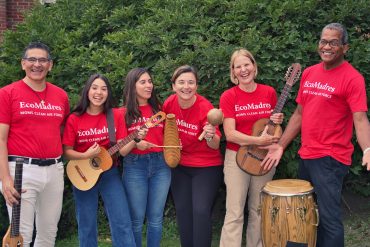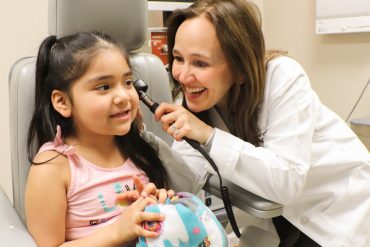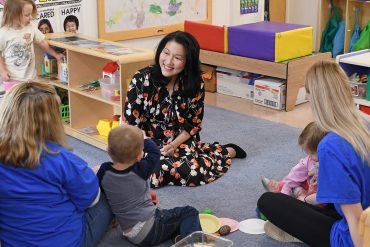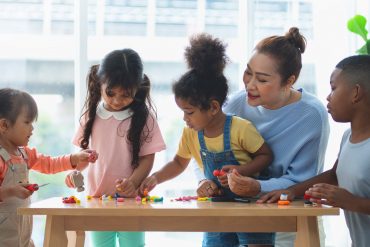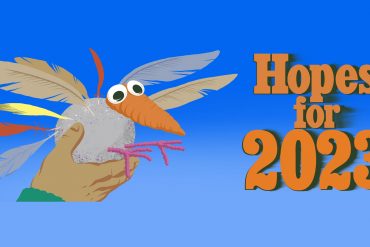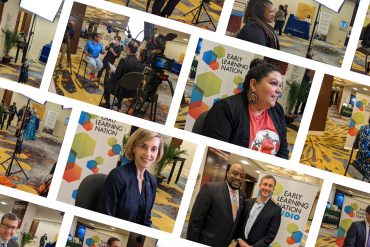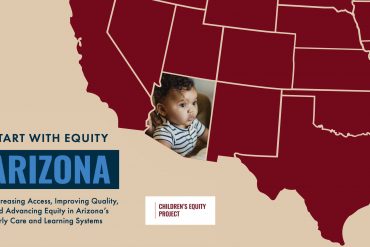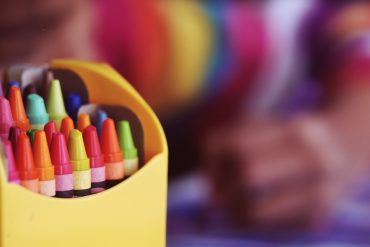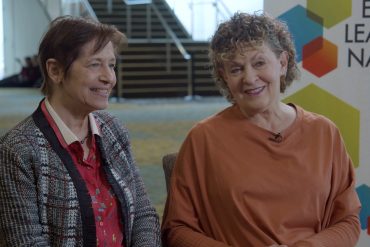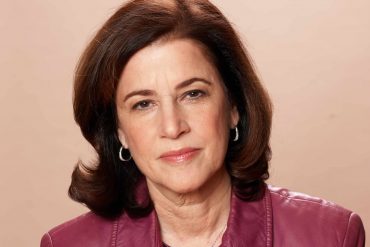With more than 1.5 million members, Moms Clean Air Force unleashes the power of mothers on behalf of Mother Nature....
The Covid-19 pandemic ushered in unprecedented federal spending in the child care industry. When schools and child care programs shut...
An Interview with Dana Suskind: “Extreme Situations Can Be Clarifying”
Part 1 of a 2-part Conversation
Dr. Dana Suskind’s Parent Nation: Unlocking Every Child’s Potential, Fulfilling Society’s Promise diagnoses a range of obstacles that prevent young...
Early Learning Nation magazine recently interviewed Michelle Kang, CEO of the National Association for the Education of Young Children (NAEYC),...
Early Education Is the Most Segregated Learning Space
How Researchers Casey Stockstill and Halley Potter Hope to Change That
It’s been 70 years since the Supreme Court’s pivotal Brown vs. Board of Education ruling that racially segregated schools are...
Hope, wrote Emily Dickinson, is the thing with feathers. To which we would add glitter, glue, googly eyes and the...
Covid-19 prevented us from taking our Early Learning Nation Studio on the road for two years. That changed this week when...
Shantel Meek, Ph.D., founding executive director of the Children’s Equity Project at Arizona State University, learned an important lesson during...
Early Learning Nation spoke to Aysha E. Schomburg, J.D, leader of the Children’s Bureau (part of the Administration for Children...
The pandemic has upended entire industries, including the early childhood education (ECE) industry, which has suffered through permanent closures, high...
The pressure to over-program kids often seems endless – so much so that a simple, old-fashioned idea has fallen to the side: Children should play. Roberta Michnick Golinkoff & Kathy Hirsh-Pasek – researchers and co-authors of “Becoming Brilliant, What Science Tells Us About Raising Successful Children” – explain their “Learning Landscapes” program, where they help local municipalities turn public spaces like bus stops into child-friendly play zones.
One of the global pioneers behind the science of early childhood learning and development, Ellen Galinsky, chief science officer at the Bezos Family Foundation and executive director of Mind in the Making, discusses her landmark book, Mind in the Making: The Seven Essential Life Skills Every Child Needs, as well as her next project, which includes exploring the mind of the adolescent.


